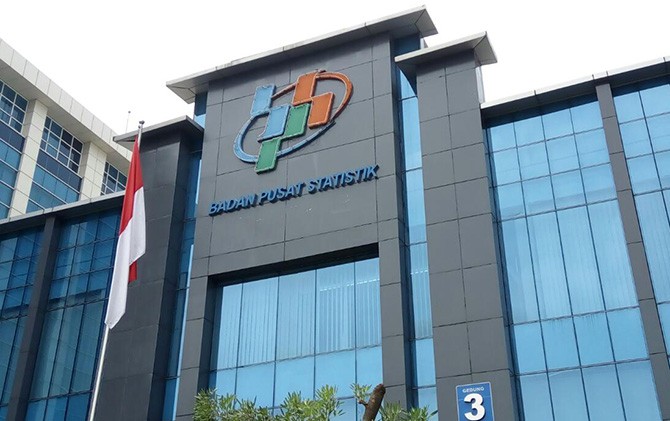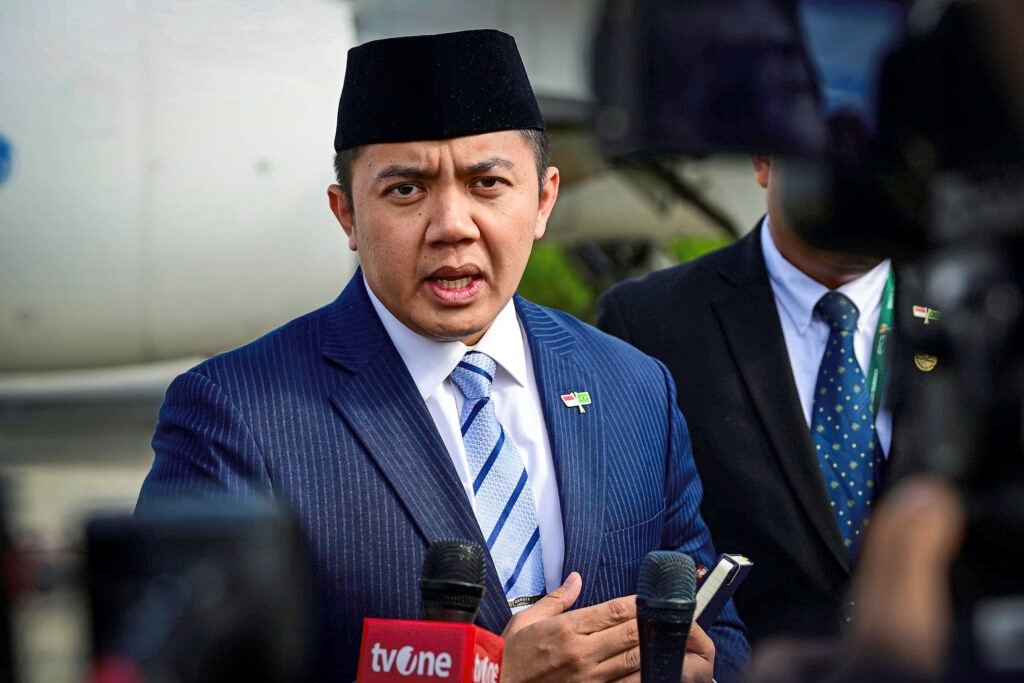BPS Survey: Pre-Employment Card Program Upgrades Participants’ Skills

Based on the National Labor Force Survey (Sakernas) in August 2020 issued by the Central Statistics Agency (BPS), the majority of Pre-Employment Card Program recipients stated that the program has upgraded their work skills.
“As many as 88.9% of Pre-Employment Card recipients who completed the training said the Pre-Employment Card Program has improved their work skills,” Head of BPS Suhariyanto said in an online discussion “BPS Survey Talks on Pre-Employment Card”, Monday (23/11).
Suhariyanto also revealed some interesting findings in the Sakernas.
First, the majority of pre-employment card recipients are men (58%); living in urban areas (76%); young in age; and have a high school and above education (91%).
Furthermore, as many as 45% of unemployed people in August or 5 months after the program was rolled out stated that they possessed knowledge of the program. The main reasons for participants aged 18 years and over to join the program are to improve work skills (48%) and seek incentives (27%).
In addition, the incentives are generally used to meet daily needs (81%), savings (33%), and business capital (23%).
The recipients of the program come from 34 provinces throughout Indonesia, with the highest recipients being concentrated in West Java province (16%), Special Capital Region of Jakarta (10%), and East Java province (9.8%). Meanwhile, provinces with the fewest recipients were West Papua (0.08%), Gorontalo (0.37%), and Papua (0.46%).
The Sakernas, according to Suhariyanto, sampled 30 thousand census blocks or around 300 thousand households spread across regencies/municipalities across the country. In this survey, several questions regarding the impact of the COVID-19 pandemic and social assistance programs implemented by the Government were included.
He added that apart from providing information on the success of the Pre-Employment Card Program, this survey also underlined the importance of a more massive effort to disseminate information in Eastern Indonesia, particularly in the provinces of Papua and West Papua.
On the occasion, Coordinating Minister for Economic Affairs Airlangga Hartarto stated that the program is still very young. In August, the program had only been running for 2 months with less than 50% recipients. “The results of this Sakernas are very important as material for program evaluation, complementing three surveys conducted by the Executive Management. This Sakernas confirms the positive impact of the Pre-Employment (Card) Program in improving work skills,” he said.
Responding to the Sakernas findings, Executive Director for the Pre-Employment Card Program Denni P. Purbasari said that the Executive Management is committed to maintaining the quality of training in the Pre-Employment Card ecosystem, in order to properly improve participants’ skills.
“To be accepted, the training must pass a layered assessment of the digital platforms, Executive Management, and the Expert Team from Universitas Indonesia, Atma Jaya University, and Indonesia Mengajar, a platform that sends educated youths to teach in remote areas across the country. After entering the ecosystem, it will be evaluated again by the Executive Management, the Expert Team from the Bogor Agricultural Institute (IPB), and by participants through reviews and ratings,” Denni said.
The Executive Management for Pre-Employment Card Program has conducted three evaluation surveys. The first survey was joined by 2.4 million participants, the second survey by 293 thousand participants, while the third survey is still ongoing. The results showed that 81% of participants had never received previous training or courses. More than 84% stated that the training improves competence, both in skilling, reskilling, and upskilling.
“So the results of this survey are in line with the findings of BPS that the training improves the work skills of participants,” Denni said.
For the records, since its launch on 11 April 2020, the Pre-Employment Card Program has attracted 43 million applicants and has accepted 5.6 million participants. Considering the high public interest and satisfactory results in 2020, the program will carry on in 2021. (PR of Coordinating Ministry for Economic Affairs/UN) (FI/MUR)








